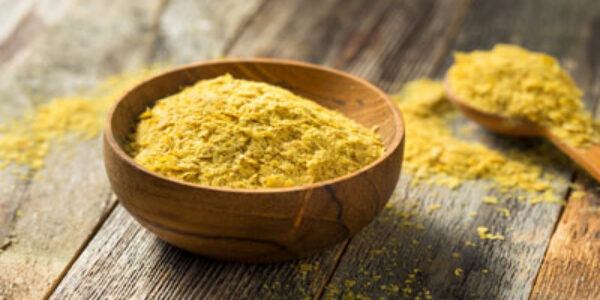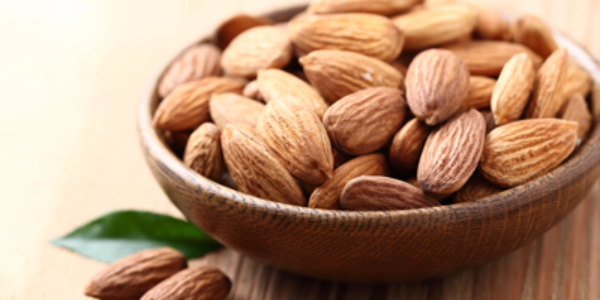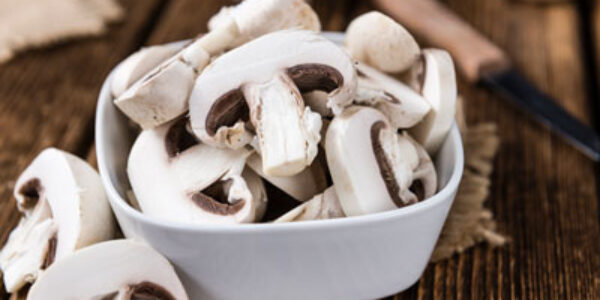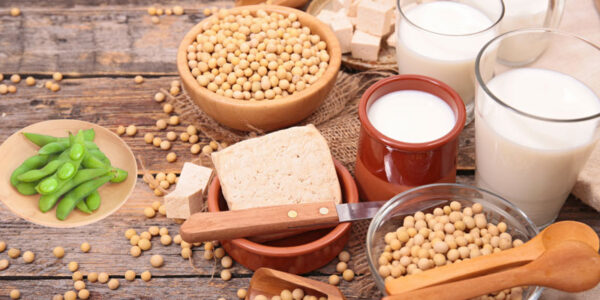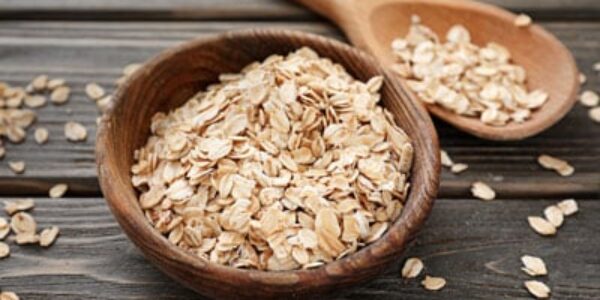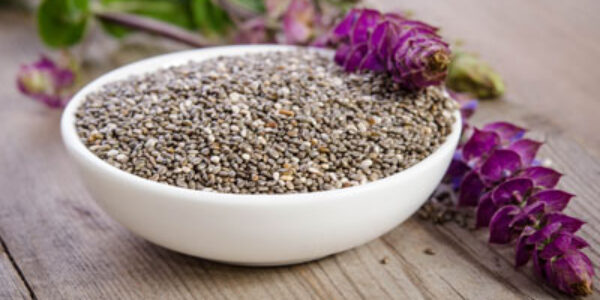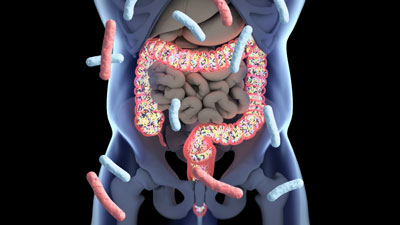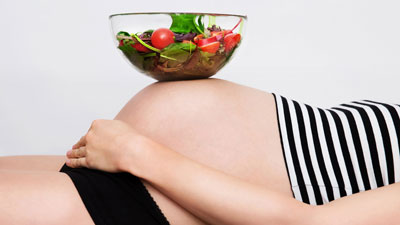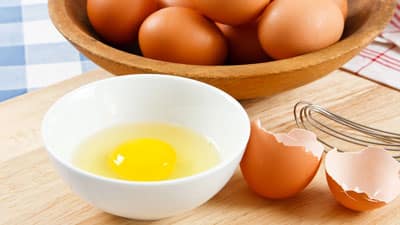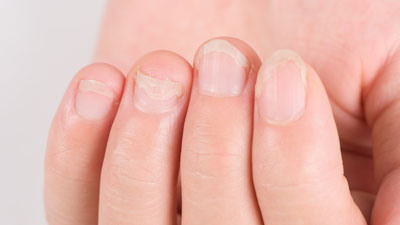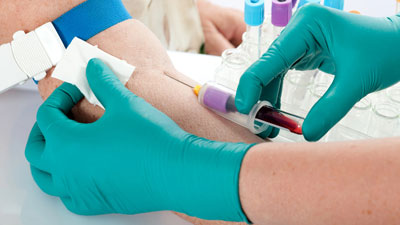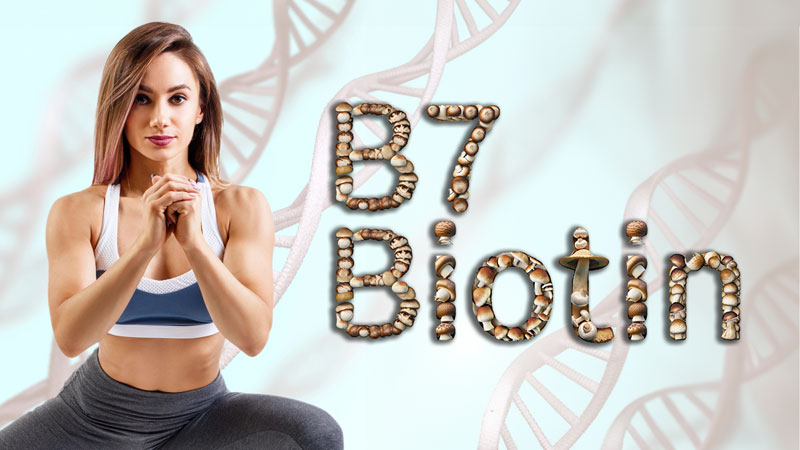
We use biotin, also known as vitamin B7 or vitamin H, to convert fats, carbs, and proteins into energy. We also need it for gene expression and regulation, and for cell signaling.
Ironically, we don’t usually think of this nutrient when it comes to any of these body functions. Biotin has a reputation of being helpful in the prevention and treatment of hair loss, brittle nails, or skin problems. This is due to its role in keratin production, the protein that is a key component of hair, skin and nails. In fact, a B7 deficiency can cause these issues, so there is an assumption that treating the deficiency would eliminate them. But, what happens if the cause isn’t a biotin deficiency? See what studies reveal in our Important things to know section below.
Deficiency is actually rare in healthy individuals who follow a balanced diet. Vitamin B7 is present in both animal-based and plant-based foods. While the amounts are typically low, their presence in various food options makes it easy for us to get all we need. Plus, our healthy gut bacteria also produce it. This could explain why a study back in 1989 showed that the vegan population had the highest levels of biotin, versus the vegetarian population and the meat eating population.
Missing Information
There is a giant question mark when it comes to amounts of this vitamin in our foods, though. Unfortunately, the U.S. Department of Agriculture FoodData Central has not included biotin in most of their food reports. When we look up biotin content for certain foods on other publications, we get very different amounts depending on the source. This problem was called out in this report over twenty years ago, but it hasn’t been fully addressed yet. Furthermore, the Dietary Guidelines for Americans, 2020-2025 do not offer an intake recommendation for this nutrient, or even mention this vitamin at all.
Scroll down to learn more about vitamin b7, how much you or your loved ones need, some of its top plant-based sources, more details on how our gut bacteria synthesize it, concerns about high levels of supplementation, and whether it can actually help with hair, nails, and skin issues or not.
Top Whole-Food, Plant-Based Sources
Though the U.S. Department of Agriculture does not offer vitamin B7 amounts in most of their food database, the data provided under Foundation Foods is starting to include this nutrient. Below you can see some of the foods included in the Foundation Foods data with the highest biotin content. The information under nutritional yeast comes from product nutrition labels.
Click on each food’s picture to visit its interactive page with a personalized calculator of all other nutrition you can get from one serving, more information about how it supports our body, tips to choose and prepare it, interesting facts, and more!
Vitamin B7 Biotin Personalized Calculator
See how much you and your family members need, according to the Food and Nutrition Board (FNB) at the National Academies of Sciences, Engineering, and Medicine.
Terminology:
- Daily Value (DV): The recommended amount of nutrients to consume each day for individuals who are 4 years old or older.
- Adequate Intake (AI): This is an approximation of nutrient intake by a group or groups of healthy people, based on age, sex, and whether a woman is pregnant, lactating, or none. This is used when a Recommended Daily Allowance (RDA) cannot be determined.
- Upper Intake Level (UL): The highest amount of nutrient intake that will not pose adverse health effects on most individuals.
Important Things to Know
Comparison of Biotin Sources
You may be wondering about other potential sources of biotin, such as supplements and meat. Below we make a quick and simple comparison between the three options.
References

